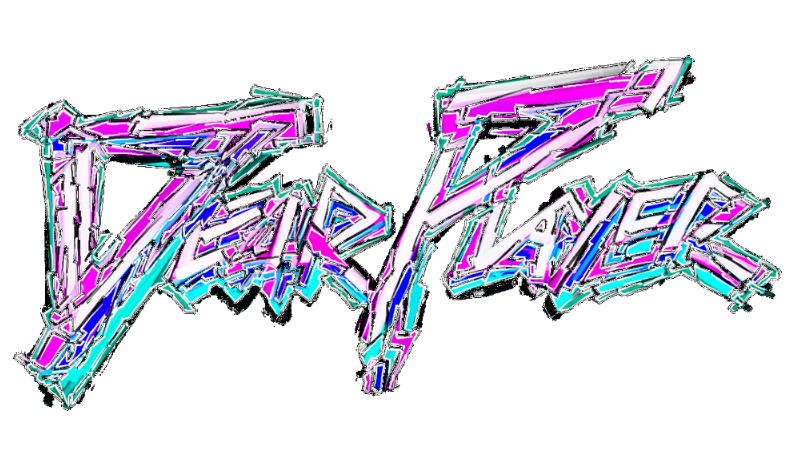DOOM means ‘hope’ means ‘doom’. Id’s 2016 DOOM is a game of flouting expectations: it succeeds where critics anticipated a flop; it reinterprets nostalgia without being either typically modern or old-school; it is a game with the trappings of horror but in which the demons are scared of YOU. To me, DOOM signifies ‘hope’ for a decrepit genre, and I think it paints the player as a villain in order to show us what we’ve been missing all these years.
Read MoreI want to talk about how we might ‘excavate’ games, explore their ruins and their leftovers, and by doing so I want us to reflect on the paranoid way in which we’re learning to play.
Read MoreI once found a paper crane on a train. Left there. Some ordinary magic.
Read MoreIn defence of generic games
Read More*Bip, bip, bip*. Better put that away – the Alien can hear your interface. In Alien: Isolation, an epic space-tragedy, you spend more time talking to your retro-engineered tools than other human beings. Stuck in space, you’re main enemy is technology.
Read More‘Play’, as generated by games, is an exploration of limits. Because of the assumption of space in the medium, a huge proportion of games involve journeys. For a lot this is a trip from point A to point B (and if you’re unlucky, a backpeddle to point A with object p). On the face of it this seems natural considering the media to which video games still look. Books, TV and film are (to crazy-generalise) traditionally sequential media with linear narratives. Not only are they littered with thematic journeys and notions of progressive character development, but they assume a uni-directional experience of both figured time and literal consumption line by line or frame by frame. But what happens to structures and tropes like these when they’re made literal? What happens in a game where you interactively walk/fly/drive to a finish line?
Read MoreFrom side-scrolling levels to open-world fields of play, games generate space. From their inception, games have had to deal with the problems and possibilities of virtual spaces. In both making and playing we create spaces which are seen, heard and felt - psychological, philosophical and creative. Many games provide beautiful backdrops, but how do they allow us to interact with them as landscapes, to discover, break and reshape worlds?
Read MoreI’ve torn a newspaper again. A few more mistakes like that and I may not be able to renew my trade licence, let alone afford a place to sleep. In my defence, the thing was so pixellated I couldn’t even make out the crease – but that’s Cart Life for you. What follows is a short and biased story about the changing nature of game fictions. This is an opening into the recent history of computer games and how they relate to the mode of production in late consumer capitalism and the redistribution of leisure time. Above all, it’s a story about one of the terms most often abused, by game critics: ‘realism’.
Read More







